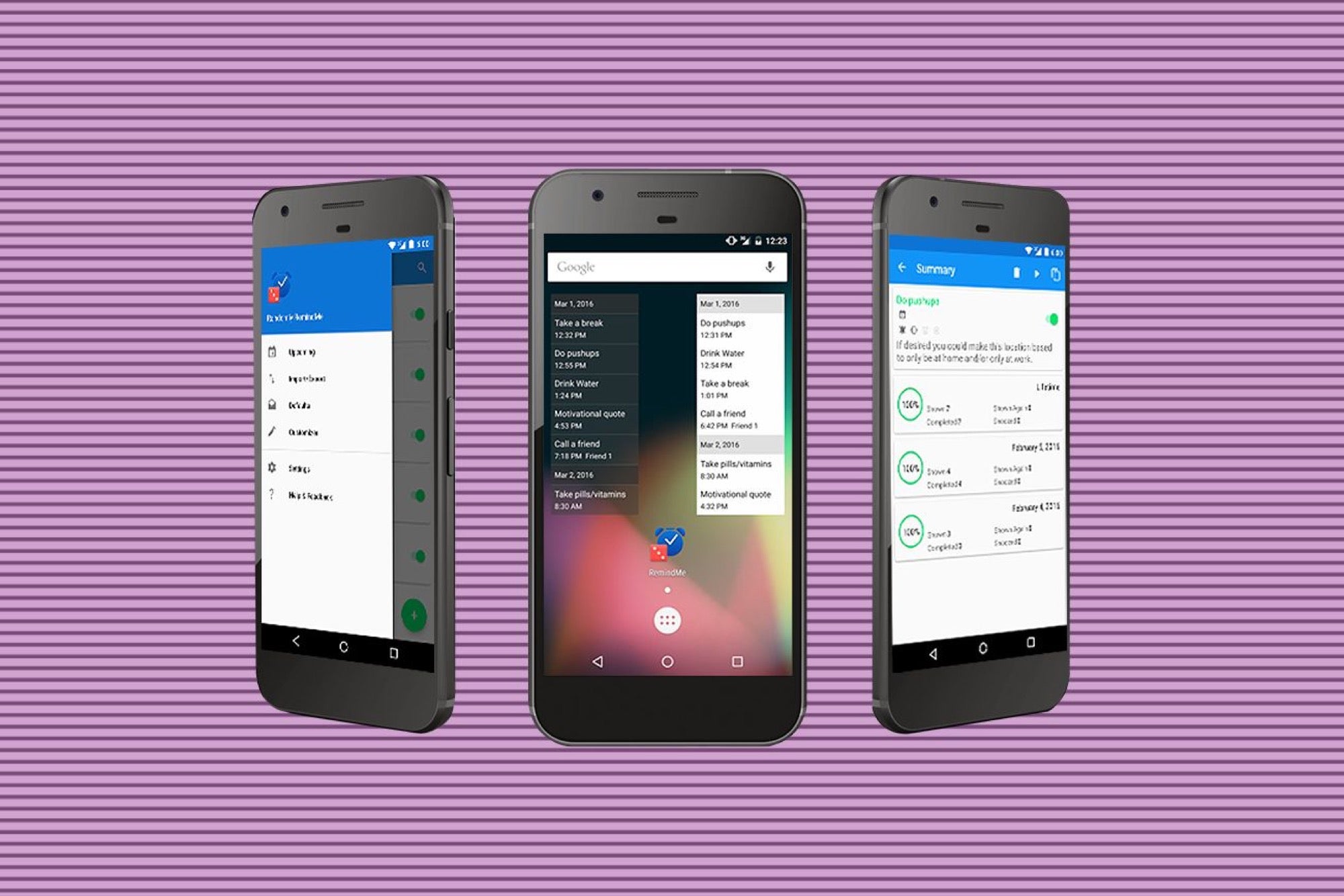The New Status Quo: The MENA Region's E-Commerce Scene Is ThrivingSince the start of the COVID-19 pandemic, 209 million more customers in MENA and Pakistan began to shop online.
Opinions expressed by Entrepreneur contributors are their own.
You're reading Entrepreneur Middle East, an international franchise of Entrepreneur Media.

The Middle East and North Africa (MENA) has grown to become one of the world's most vibrant and dynamic regions for e-commerce. Since the start of the COVID-19 pandemic, 209 million more customers in MENA and Pakistan began to shop online. Yet, this figure has not reverted to pre-pandemic levels following the lifting of restrictions.E-commercehas since matured into a new status quo, with it set to challenge the predominant brick-and- mortar retailers for MENA shoppers' hearts- and wallets.
Our third annualDigital Transformation Report in MENAfinds consumers adopting digital commerce at an unprecedented rate. The region's retail is nearly complete- 91% of respondents to our report survey said they now regularly shop online. The report also shows that over half of consumers (52%) now shop online at least once monthly- this is up from 47% in 2021, and 43% in 2020.
Moreover, in a sign of e-commerce's long-term potential, half of the consumers expect to be shopping online even more in the next 12 months- up from 47% who said so in 2021, and 46% who said so in 2020. In the tech savvy GCC sub-region, 9% of consumers spend money online at least once per day, which is a 50% increase in the past 12 months.
The MENA region bucks the trends of the global e-commerce sector, asCheckout.com's report shows. Once a laggard, the MENA e-commerce sector has grown faster than anywhere else in the world. Latest estimates from Redseer have forecast the total MENA e-commerce market size to be worth US$100 billion by 2023.
A resurgent international oil market adds further support for the regional retail sector. Unlike their European, British, and American counterparts, MENA retailers anticipate another boost in retail spending in the coming 12 months. Indeed, as the regional economy thrives and the pandemic recedes, there's an increase in consumers spending money online within categories such as travel and tourism, events, and entertainment.
Even theluxury sector, long seemingly immune to digitization, is in the middle of an online shopping resurgence. 15% of high-income groups say they have increased their online spending on luxury in the past year. In particular, the region's highest earners are directing their digital expenditure to these verticals: 40% more on travel, and a 20% increase in online purchased event tickets.
Meanwhile,digital paymentsand e-commerce are reinforcing each other as well. The rise in e-commerce has seen a corresponding surge in digital payments, with 70% of consumers across MENA picking a digital payment method as their preferred form of payment- up from 60% in 2021, and 40% in 2020, representing a 75% increase in 24 months.
Of these, 16% of consumers use digital wallets principally– up from 14% in 2021, and 10% in 2020, representing 60% growth in the past 24 months. With its highly developed digital infrastructure, the Gulf predictably leads the regional digital payments revolution, with 80% of consumers in the sub-region saying digital payments are their preferred option.
The recent rise in digital payments represents a historical cultural shift in a region where cash has long reigned supreme, even in the e-commerce era. Consequently, cash on delivery (CoD) usage continues to drop in MENA, marked by a sharp 40% decline in the past 24 months. In countries such as Saudi Arabia and the UAE, only a fifth and a quarter of the population prefer cash, and indeed CoD is nearly non-existent in e-commerce transactions. The trust barrier that existed with digital payments and fintech infrastructure seems to have vanished.
Local retailers have responded with typical positivity to new demands from consumers. Nearly two-thirds of Saudi and UAE merchants surveyed by Checkout.com at the start of 2022 said they now have payments embedded in their online offering, while three quarters intend to offer various embedded finance options within the next 12 to 24 months. Meanwhile, a quarter of local merchants report that they intend to enablecrypto paymentsat their online checkouts by 2024.
Support for crypto is a response to the growing embrace of digital currency among MENA populations. This is particularly notable in younger people, with more than half of consumers under 40 surveyed in the Gulf saying that cryptocurrencies should be used for payments, not simply as an investment asset. AsWeb3emerges as a vital component of the online experience, shoppers show a significant appetite for transacting on-chain, with a desire to be paid and to pay in digital currencies rather than solely in fiat. Some 54% of consumers surveyed in the region believe that on-chain payments will make transactions significantly faster, and 49% believe transactions on-chain will be considerably safer.
With one of the world's most engaged social media userbases, it is no surprise that social commerce is emerging as a new shopping paradigm in MENA. Half of the consumers in MENA say they most frequently shop e-commerce in a social media channel, representing a 43% growth in the past 24 months. The preference for s-commerce more than doubles in Saudi and UAE.
We have also tracked the growth of the buy-now-pay-later (BNPL) space since this exciting model emerged. BNPL's market size was valued at $7.18 billion in 2021, and it is expected to reach over $89 billion by 2030. The report shows that 39% of shoppers in MENA have used BNPL, compared to 13% in the US and 24% in the UK. In August 2022, leading BNPL firmTamara raised $100 million in a Series B funding round, with participation from Checkout.com. Today, Tamara has over three million active shoppers, and the Saudi-headquartered business is one of the region's largest BNPL providers, partnering with firms such as IKEA, Jarir, SHEIN and NAMSHI to allow their consumers to pay in installments.
The region's digital economy continues to evolve, now faster than ever. The virtuous circle of innovative merchants racing to diversify their consumer offerings and consumers that are quick to respond to digital trends have combined to forge one of the most exciting e-commerce markets in the world. At Checkout.com, we're proud to play our small part to enable businesses and their communities to thrive in the digital economy.
Related:How Dubai Is Putting In The Work To Become The Next Digital Economy Capital Of The World












